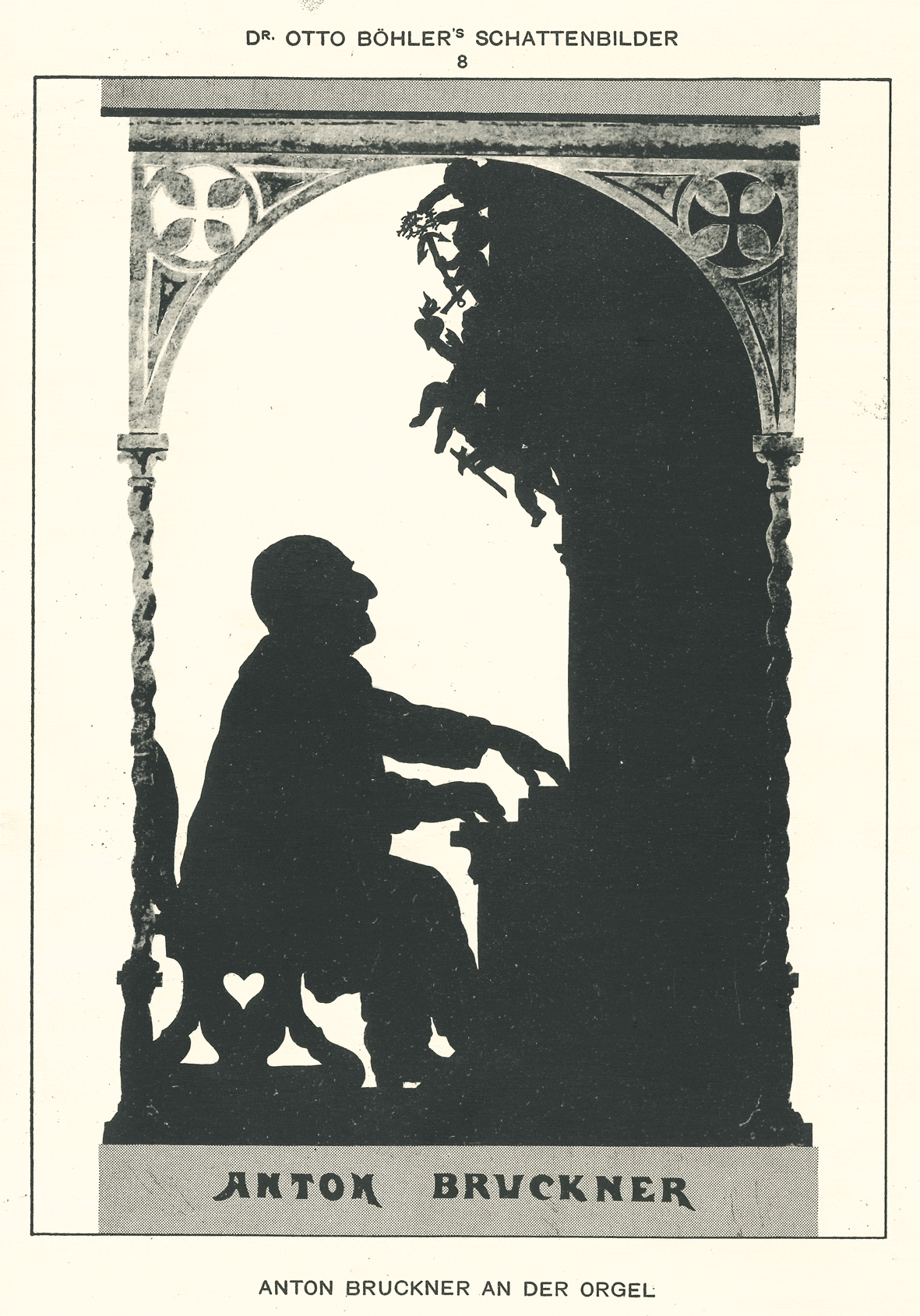Time for an organ, a world premiere (Memories III by Jan Welmers) and Bruckner's mighty Eighth (by the Nederlands Radio Filharmonic Orchestra conducted by David Zinman). It was, if I am not mistaken, Pierre Boulez who once expressed his frustration about the fact that performance practice did not keep up with composers practice. That music developments were delayed because it took too long for new music to become accepted. It was a disappointment, probably announced because concert programmes would not provide enough room for new music. An aversion to venues that would hold on too much, whether or not under pressure from public and sponsors, to repertoire that could be regarded as accessible and had already proved itself. Much of what is now repertoire of stainless steel was once considered unplayable (with the Ninth of Beethoven as a famous/notorious example). With the obviousness with which much of that previously misunderstood material now finds its way to the concert hall, it is sometimes difficult to imagine the incomprehension that composers met when a new composition was considered too complicated. Anton Bruckner, for example, has had his share of aversion shown to his work. Not only by renowned Romantic-haters like Eduard Hanslick but also by musicians who were generally well acquainted with his music. For his 8th symphony the teacher's son from Ansfelden had to deal with criticism, coming out an unexpected corner. Hermann Levi, a collaborator for a long time, the conductor of a very successful performance of Bruckner's Seventh, worked his way up to the score of the Eighth and advised the composer to work on it a bit more. Those words didn’t fall in deaf man ears, it brought the ever doubting Austrian to many revisions (which were, during and after his lifetime, continued by others, amongst them Haas and Nowak). In 1892, four years before Bruckner's death, it finally came to the premiere of the Eighth. The symphony was to be performed only twice during Bruckner's lifetime after that. Last week, it was performed two times in the Concertgebouw. Once by the Concertgebouw Orchestra conducted by Jaap van Zweden (I missed that one) and once by the orchestra with which Van Zweden recently recorded a complete Bruckner cycle: the Nederlands Radio Filharmonic Orchestra. That orchestra, which has just announced that Karina Canellakis will be the new chief conductor as of 2019, the successor to Markus Stenz, was led for this occasion by David Zinman. Zinman is a man who likes to keep a sober, earthly perspective. That was anyway the conclusion I drew from his reading of Bruckner's 8th symphony. He distances himself from religious panoramas and shows little interest in the nickname of this symphony: the "Apocalyptic". In relatively swift tempi and with an exceptional sense of proportion, the American conductor worked his way through the Eighth. In a reading in which, and this is very much a recommedation, the first two movements were an equal partner of the magnificent third one: the Adagio. The Adagio, in which Bruckner takes a dip in the sound world of Robert Schumann's second symphony, was here not so much an ascent into the thin air of higher spheres as well a trip through Teutonic Lowland. A landscape where flowers grew out of the sound of a harp and the sultry air, on a beautiful spring afternoon in May, breathed comfort and redemption. At his worst, a Bruckner symphony is a story in which the narrator fails to make his point (the 4th and 5th symphony can be problematic for me in that regard). But also performances of the Seventh and Eighth in which repetitions can take on a compulsive character, can be hard a hard pill to swallow. At the beginning of the 8th symphony, the sound of a flute suggests the awakening of the world. An awakening, an announcement, with which a symphony begins that bears in it the character of a salutation - as if a message is repeatedly proclaimed. For Zinman, this repetitions always retained a fresh character; it gave the music a forward moving power without falling into the trap of a mechanical repetition of moves. With the awakening of the symphony, nature emerges and even more than a cathedral of sound - a reference that surfaces rather often when it comes to Bruckner's music - it is nature that finds in this performance an almost perfect depiction. Here the notes of Anton Bruckner, once exposed to gravity and time, are made into a conjuction of organic impressions that emphatically sailed through Mahlerian waters. It was halfway the final movement (about fifteen minutes from the end) that the violins let go of the decisiveness with which they have worked themselves through the symphony up to that point - as if they were overcharged by the demands that Bruckner maked on bow and fingering. Those vicious string arpeggios, that enable the majestic theme, played by the brass, to rise - it's the perfect soundtrack for a SF and/or superhero movie - stumbled. Very briefly, because this performance, which seamlessly kept its attention span from beginning to end, was one of exceptional quality. Time will tell if Jan Welmers' new composition (Memories III) will become a repertoire piece. This piece for organ was played by Concertgebouw organist Leo van Doeselaar. A world premiere on an instrument that referred to Bruckner the organist, with musical means that referred to Bruckner the composer. It was a piece of music in which you could not only hear the notes but also feel them. It proved to be a perfect prelude to a sensuous ride through the world of Brucker's mighty Eighth. Concertgebouw 12 May 2018 Jan Welmers – Memories III (world premiere) Organ: Leo van Doeselaar Bruckner – Eight Symphony in c Conductor: David Zinman Nederlands Radio Filharmonic Orchestra - Wouter de Moor
0 Comments
Leave a Reply. |
TIMELINE
July 2024
|


 RSS Feed
RSS Feed